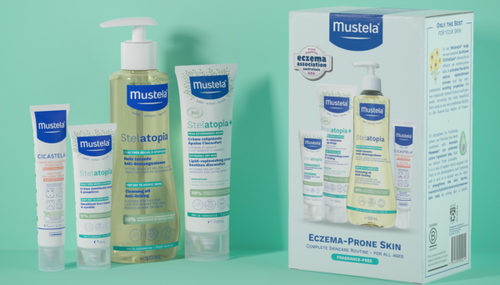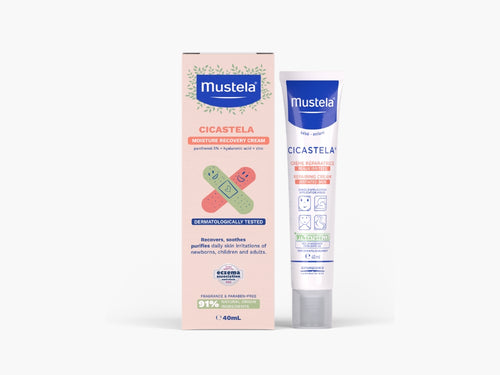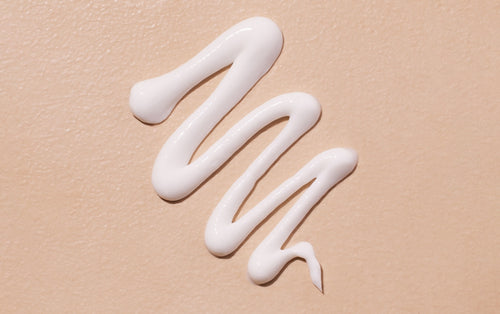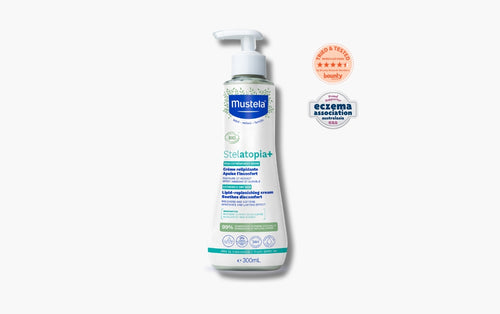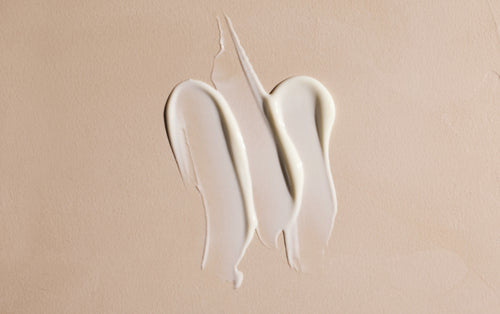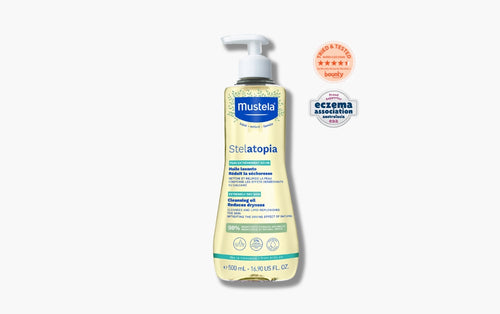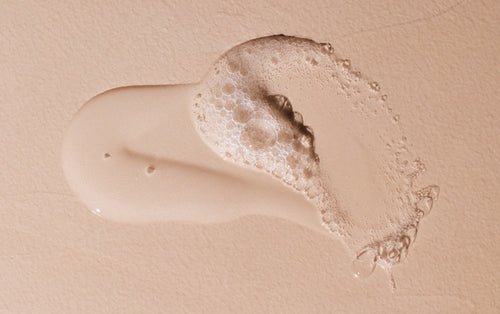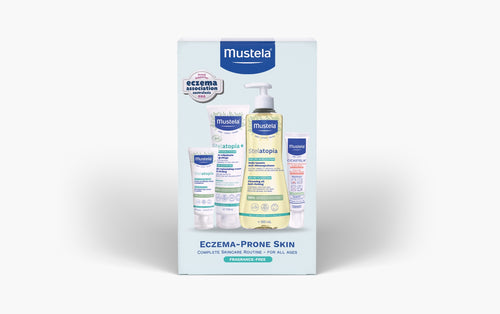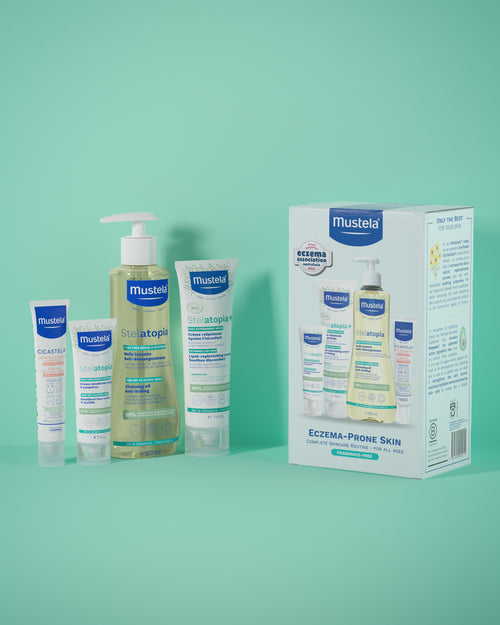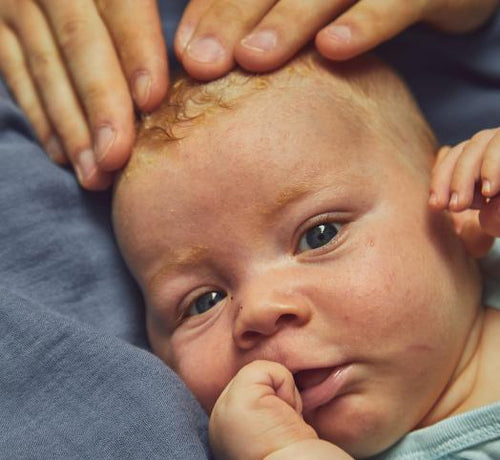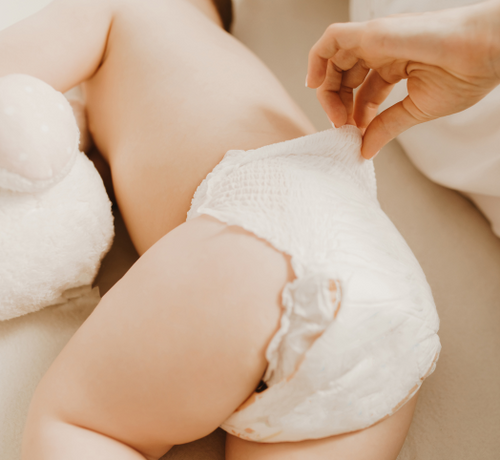What Is Hydrocortisone Cream?
Hydrocortisone cream (or ointment) is a corticosteroid medication that is often used to help reduce the inflammation, redness, and itchiness of eczema and rashes on your child's skin.
Hydrocortisone medication has been used for over 50 years and is generally considered safe for older children and adults with conditions such as psoriasis, eczema, allergy rashes, and skin conditions arising from autoimmune disorders. Other conditions treated with Hydrocortisone cream include poison oak, poison ivy, and bug bites.
But when it comes to using this medication on your baby, there’s a bit more you should know.


